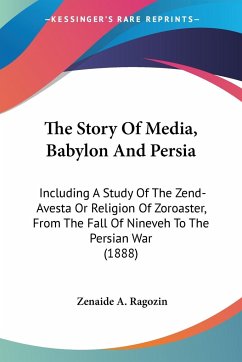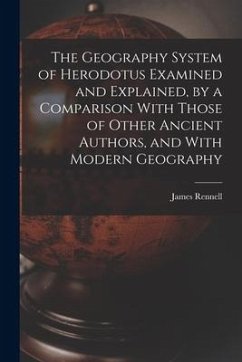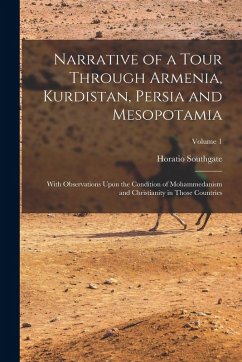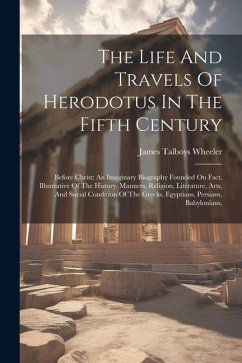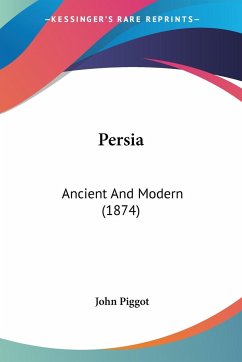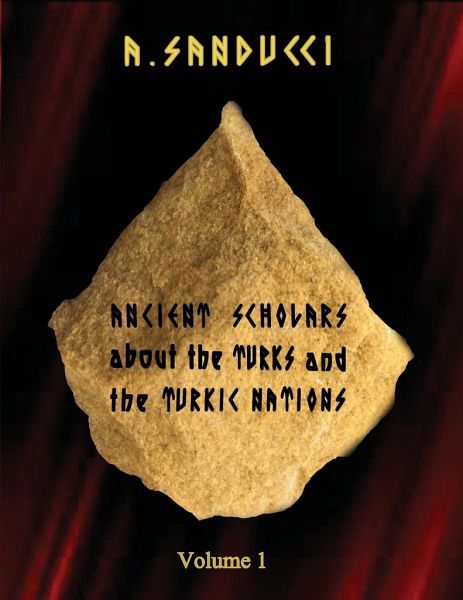
Ancient Scholars about the Turks and the Turkic Nations. Volume 1
Versandkostenfrei!
Versandfertig in 1-2 Wochen
65,99 €
inkl. MwSt.
Weitere Ausgaben:

PAYBACK Punkte
33 °P sammeln!
All the proceeds from this book will be given to charity. Primarily based on the genetic findings, backed by the archeological, historical, linguistic facts and testimonies of the ancient scholars, historians, and geographers, this work brings a fresh perspective into a stagnated view of the Turkic nations and their past. This book has 2 volumes. The first volume reveals breaking new evidence about the biblical origins of the Turkic nations who were related to the ancient Akkadians, Sumerians. The book unshrouds the Turkic pedigree of the Germanic nations, the natives of Media, and the Scythia...
All the proceeds from this book will be given to charity. Primarily based on the genetic findings, backed by the archeological, historical, linguistic facts and testimonies of the ancient scholars, historians, and geographers, this work brings a fresh perspective into a stagnated view of the Turkic nations and their past. This book has 2 volumes. The first volume reveals breaking new evidence about the biblical origins of the Turkic nations who were related to the ancient Akkadians, Sumerians. The book unshrouds the Turkic pedigree of the Germanic nations, the natives of Media, and the Scythians. The deciphered cuneiforms of the Behistun inscription in Persia, along with their detailed lexico-grammatical analysis shed light on the revolutionary facts about the Turkic origin of the Medes and their language. A large portion of this volume is devoted to the Scythians and most of their derivative tribes, including those located in Scythia and beyond, such as the As, Turkai, Sacai, Parthians, Bactrians, Huns, Sarmats, Getai, Celtic, Iberian, Gallic, Germanic, and Thracian tribes. The second volume casts light on the remaining Scytho-Thracian nations - the Trojans with a detailed classification of the related tribes, including the most renowned Illyrians, Spartans, Phrygians, Etruscans, Pelasgi. The in-depth lexico-grammatical analyses of the languages of two major Thracian nations - Etruscans and Phrygians ascertain their Turkic origin. The book also demystifies the history of the ancient Armenians who were a Phrygian colony, sets them apart from the modern Armenians, and gives a chronological, historical account of the modern Armenian people, also known as the Hai, under the authority of their first historian Movses Khorenatsi. The comparative analysis of 20 ancient alphabets reveals their common Turkic root. A crucial archeological, cultural, political, linguistic, and genetic evidence points to the Turkic beginning of many Native Americans.




